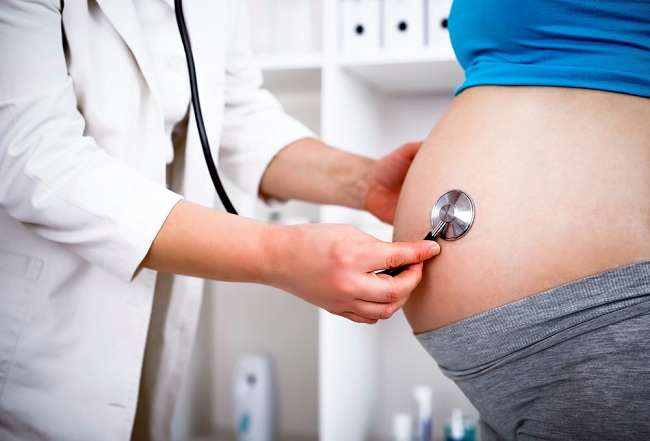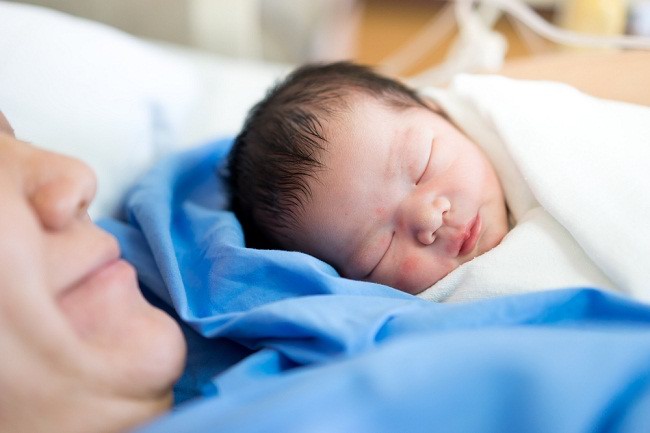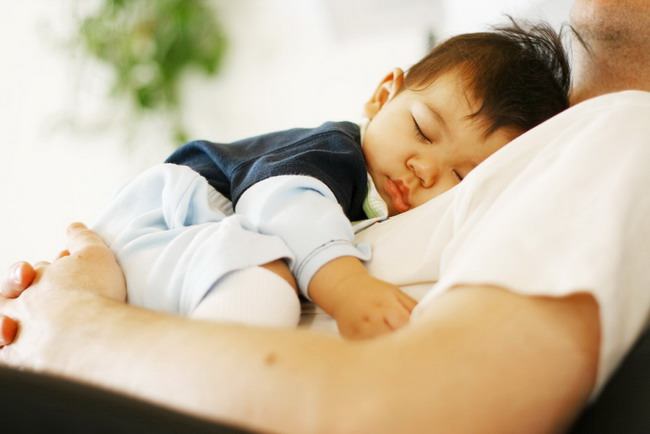Pregnancy outside the womb or an ectopic pregnancy is at risk of causing damage to one of the fallopian tubes. This can affect the fertility rate of women who experience it. However, with proper treatment, pregnancy can still occur.
There are several diseases or conditions that can put a woman at greater risk of getting pregnant outside the womb, such as inflammation of the fallopian tubes, uterine infection, pelvic inflammatory disease, or sexually transmitted diseases.

In addition, women are also more at risk of getting pregnant outside the womb, if they have a history of previous pregnancy outside the womb, use an intrauterine device (IUD), or have a history of surgery on the pelvis or abdomen, including caesarean section.
Pregnancy outside the womb is often asymptomatic, so many women do not realize that they have the condition. Ectopic pregnancies generally only show symptoms when the gestational age is getting older or when complications arise, such as ruptured fallopian tubes and severe bleeding.
This condition is very dangerous and must be treated by a doctor immediately. To treat pregnancy outside the womb, doctors can perform surgery or give injection drugs, such as: methotrexate.
Risks and Effects of Pregnancy Outside the womb on Fertility
Normally, the egg that has been fertilized by a sperm (ovum) will be carried to the uterus and attached to the uterine wall. However, sometimes the ovum can attach to other tissues, causing an ectopic pregnancy or ectopic pregnancy.
Most ectopic pregnancies occur in the fallopian tubes. This can damage the fallopian tube and surrounding tissue. If one of the fallopian tubes is damaged, the doctor will need to perform surgery to repair or remove the fallopian tube.
The effect of removing one of the fallopian tubes is what can reduce a woman's fertility rate. In addition, there are several other factors that can also affect fertility after an ectopic pregnancy, including a history of infertility and blockages in the fallopian tubes due to the formation of scar tissue.
Sometimes women who have experienced pregnancy outside the womb can also experience it again in the next pregnancy.
Planning Pregnancy After Pregnancy Outside the womb
As mentioned above, surgical removal of one of the fallopian tubes can decrease a woman's fertility rate. However, most women can still get pregnant even if they only have one fallopian tube.
Women who experience an ectopic pregnancy can usually try to get pregnant again or start a program of getting pregnant again within 3 months after the condition has completely recovered.
Meanwhile, women who undergo laparoscopic surgery to treat pregnancy outside the womb, generally can get pregnant again after getting two consecutive menstruations.
In women who receive injectionsmethotrexateas a treatment for ectopic pregnancy, doctors recommend waiting at least 3 months or until the level of the hCG hormone drops below 5 lU/mL, before deciding to get pregnant again. HCG levels can be monitored through blood tests.
When women are allowed to start the program to get pregnant again, the doctor will provide pregnancy supplements that contain folic acid and iron so that the chances of getting pregnant can be higher and support fetal growth and development.
Effort Having offspring after pregnancy outside the womb
After your condition is declared safe to get pregnant again and feel ready to undergo another pregnancy program, try to have regular sex. Your chances of getting pregnant can increase if you have unprotected sex during your fertile window or when you are ovulating.
If it is difficult to get pregnant again in a natural way, you can consult a gynecologist to determine other methods. If needed, the doctor can advise you and your partner to undergo IVF.
To support the success of the program to get pregnant again after pregnancy outside the womb, you are also recommended to live a healthy lifestyle by eating nutritious foods, reducing stress, exercising regularly, not smoking, and limiting the consumption of alcoholic beverages.









